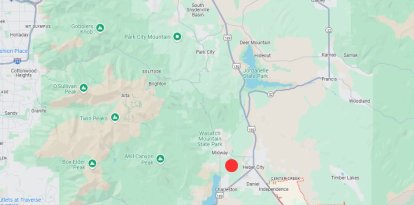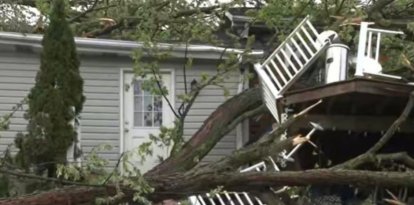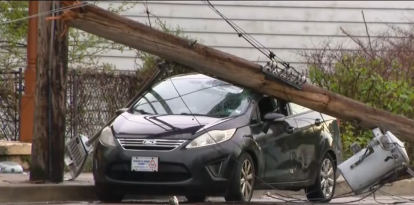Portland declares state of emergency over fentanyl crisis
State and local leaders have taken this measure due to the serious situation resulting from the consumption and trafficking of the lethal opioid.

(Pexels)
Local and state authorities have declared a state of emergency in Portland due to the serious situation that is being triggered by the consumption and presence of fentanyl in the city. Mayor Ted Wheeler, Multnomah County President Jessica Vega Pederson, and Oregon Governor Tina Kotek established the protocol - which will last 90 days - in an effort to combat this crisis.
"Our country and our state have never seen a drug this deadly and addictive, and all are grappling with how to respond. We are all in this together," Kotek said in statements reported by the state media Oregon Public Broadcasting. "The emergency response in Portland will benefit the entire region, state and tribal lands because we know that a large share of fentanyl in Oregon is trafficked through our major city."
The leaders will mainly promote two initiatives: fight against drug trafficking -the help of the Portland Police Bureau and the Oregon State Police will be counted on to track the sale of narcotics- and make drug addicts use all the resources granted by the administrations -including attendance at drug treatment programs- to cure their addictions.
Wheeler thanked law enforcement authorities for their collaboration in combating this crisis caused by fentanyl. "We cannot underestimate the tremendous value of bringing leaders from different disciplines in a room on a daily basis who all account for a different part of the solution. I’d like to see it become a more regular part of our community and I’d like to see it significantly expanded based on the current success of the program," he said.
Overdose deaths soar
Since possession of hard drugs was decriminalized in Oregon, the state has suffered a disproportionate increase in overdose deaths. Compared to 2019, they multiplied by 13, almost seven times more than the national average. This is an increase from 280 deaths in 2019 to 955 in 2023.
RECOMMENDATION





















